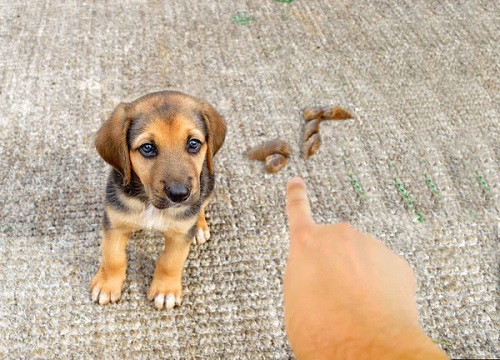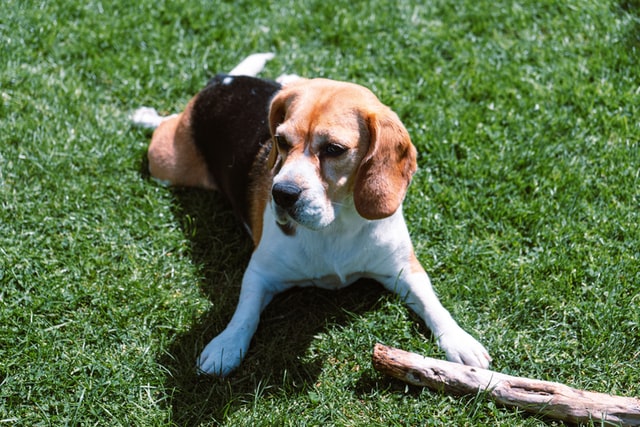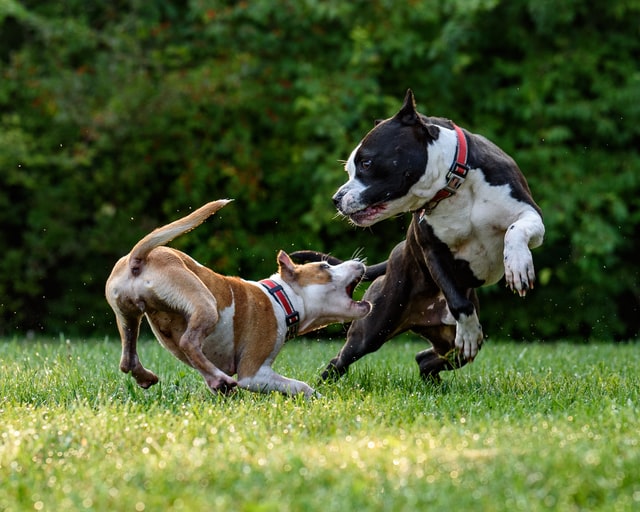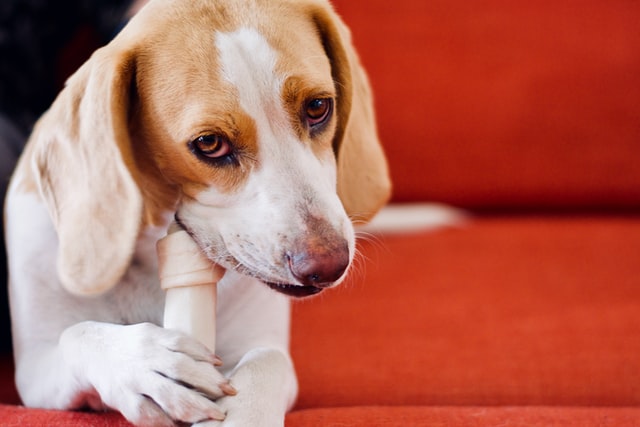Puppies are curious, rambunctious, unstoppable furry little balls of energy. However, puppies do grow up and become mature dogs. As soon as puppies can walk and eat on their own, they should undergo the most basic skill – going potty. Here are key steps in potty training a puppy and making sure they are able to learn good social behavior that will make them happy, healthy members of the household:
1. Be ready
Dog training is not just about using tools and old newspapers – it is also about patience, commitment and consistency. Dogs learn through association. As creatures of habit, they tend to perform the same task in the same or at least similar places. Being vigilant and correcting mistakes right away will help reinforce the desired behavior early.
2. Establish a schedule
Successful dog training teaches a puppy that there is a time for everything – for play, bathing, eating and going potty. During puppy training, bring the dog outside immediately when he wakes up in the morning or after a nap, after eating and drinking and after playing. Wait for the dog to urinate or defecate, then offer praise to let him know that he has done a good job.
Sometimes, the pup will let his human know that he has to go. He would pace and whimper to express his discomfort. When this happens, immediately bring him outside so he can relieve himself. This will help establish the right behavior and avoid accidents.
3. Learn your puppy’s body language
There are very obvious signs that a dog wants to go – restlessness, barking, circling, sniffing around or squatting. If you see him doing any of these, take him outside right away. The sooner dog owners recognize their pet’s expression, the better it will be for helping dogs become trained companions.
4. Designate one spot or area for going potty
Whether on a leash or freely mobile, make sure to bring your pup to the same place to use for urinating and defecating. If he produces on that spot, praise him right away and treat him with a snack, some playtime or a walk.
5. Using rewards
Potty training a puppy takes a few weeks or so to complete, so make sure he learns the right behavior by associating it with good things, such as a treat or words of encouragement. Each time the pup does what he is expected to do, give him a treat immediately after. Do not praise or feed him when he is still eliminating because this will only distract him. Reward him only after he is done.
What to do if your puppy goes where he is not supposed to go
While potty training your puppy, it is normal for him to have a few accidents here and there. If and when one does happen, clean it up as soon as possible. Do not punish, yell or physically hurt your dog to discipline him. This will only promote negative feelings and associations.
Some pet owners may wish to hire a professional to get their puppies in the right state of mind. If you do decide to do so, look for a trainer who specializes in dogs and who offers services in your locality. An experienced dog trainer should be able to help dogs develop accepted behaviors by setting limits in a healthy and loving environment.




